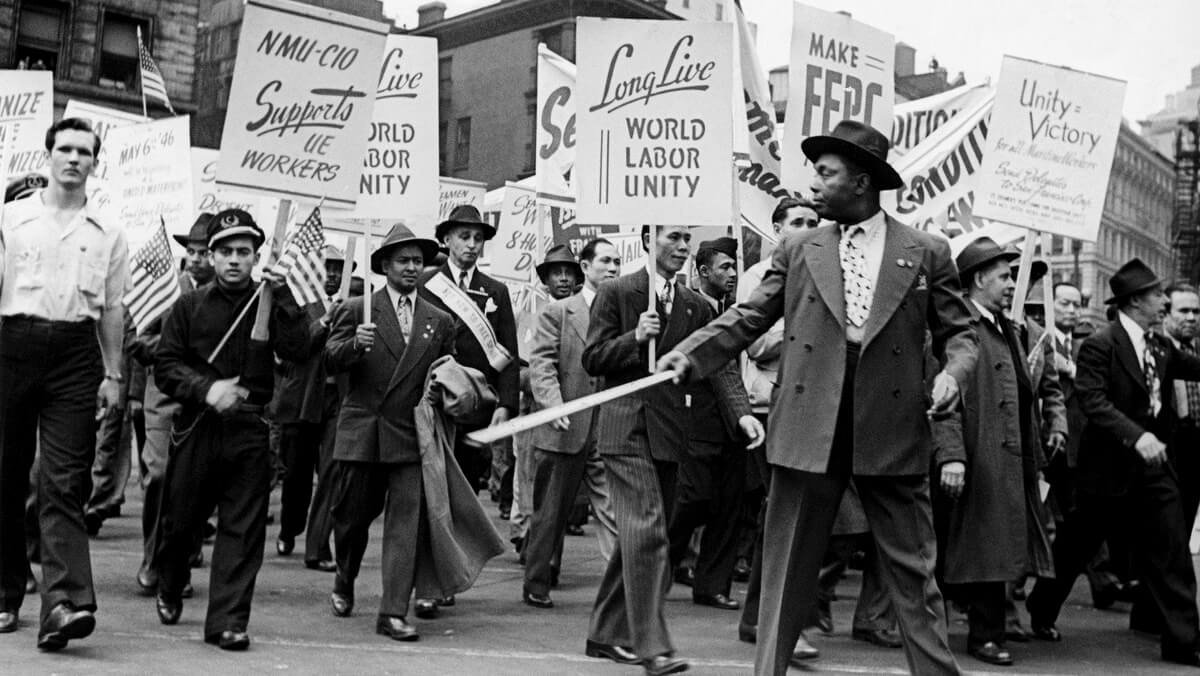
Discrimination
Key Takeaways:
The FEHA outlaws discrimination, retaliation, and harassment against employees within a wide range of protected categories, including but not limited to race, gender, national origin, sexual orientation, gender identity, disability, age, and religion.
The FEHA often offers broader protections for employees than analogous Federal laws, such as the ADA or the FMLA, and employees can utilize the protections of all of these statutes cumulatively.
Discrimination in the workplace is a serious issue that affects employees' well-being and undermines workplace productivity. To combat workplace discrimination, one of the strongest tools employees and their civil rights attorneys have is the California Fair Employment and Housing Act (FEHA).
The FEHA is a comprehensive state law that provides substantial safeguards against workplace discrimination in California. Here's how FEHA works to protect employees:
Prohibits Discrimination: FEHA prohibits employers from discriminating against employees based on various protected characteristics. This covers hiring, firing, promotions, pay, and other terms and conditions of employment.
Protected Categories: FEHA encompasses a wide range of protected categories, including but not limited to race, gender, national origin, sexual orientation, gender identity, disability, age, and religion. It is one of the most inclusive anti-discrimination laws in the nation. The FEHA also has specific protections for pregnant women, beyond those under Federal or other state laws.
Reasonable Accommodation: Employers are required to make reasonable accommodations for employees with disabilities to ensure they can perform their job duties. This includes modifications to the workplace or adjustments to work schedules.
Anti-Retaliation Provisions: FEHA also protects employees who report discrimination, harassment, or who participate in discrimination investigations from retaliation. Employers are prohibited from taking adverse employment actions against such employees.
Harassment Prevention: Employers must take proactive measures to prevent and address workplace harassment, including sexual harassment. This includes implementing effective anti-harassment policies and conducting mandatory training on harassment and bullying in the workplace.
Enforcement: Employees who believe they have been subjected to discrimination or harassment have the option to file a complaint with the California Civil Rights Department (formerly the Department of Fair Employment and Housing) or pursue a lawsuit in court. The CRD can, in some cases, investigate cases themselves.
Remedies: Employees who win their cases can receive lost wages, reinstatement, emotional distress damages, and attorney's fees. In some cases, employees themselves or the CRD can win judgments forcing employers to undertake policy changes in the workplace to prevent further violations of the law.
Federal vs. State Protections:
While federal anti-discrimination laws, such as Title VII and the Americans with Disabilities Act (ADA), provide important protections, FEHA often offers broader safeguards and covers more categories. California's state law can, in many cases, offer stronger and more inclusive protection for employees than federal law alone.
If you feel you have been the victim of unlawful discrimination or harassment in the workplace, call or email us today to schedule a free case evaluation.
